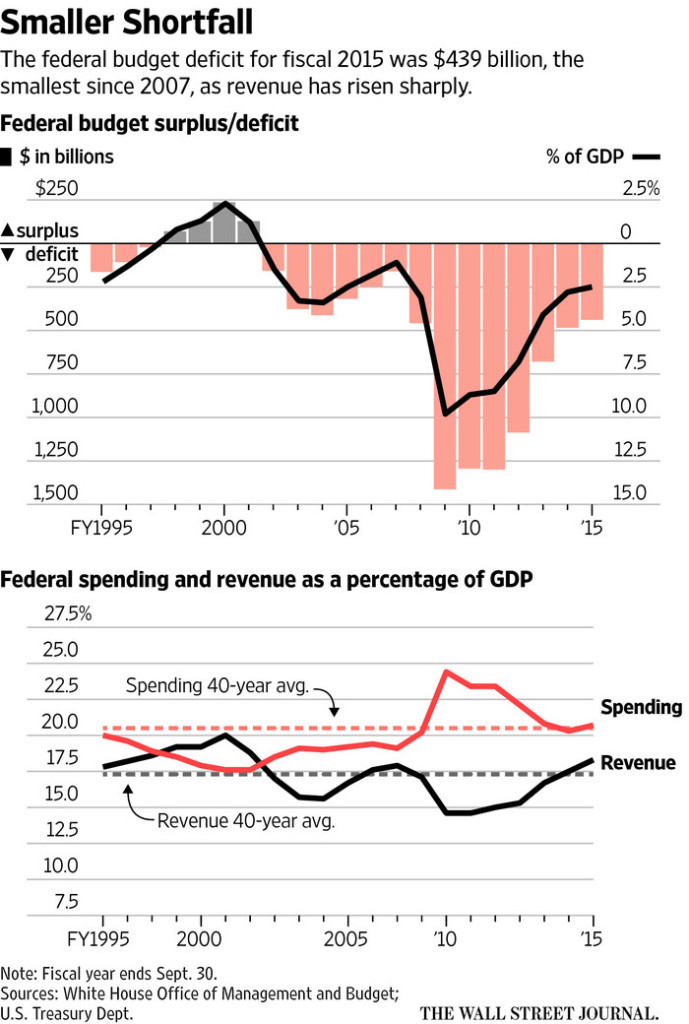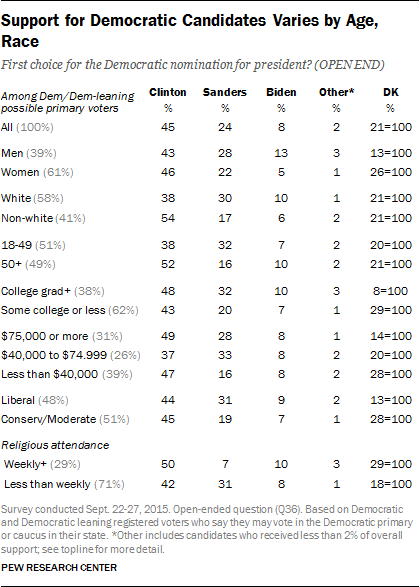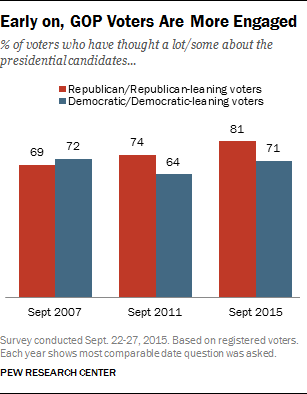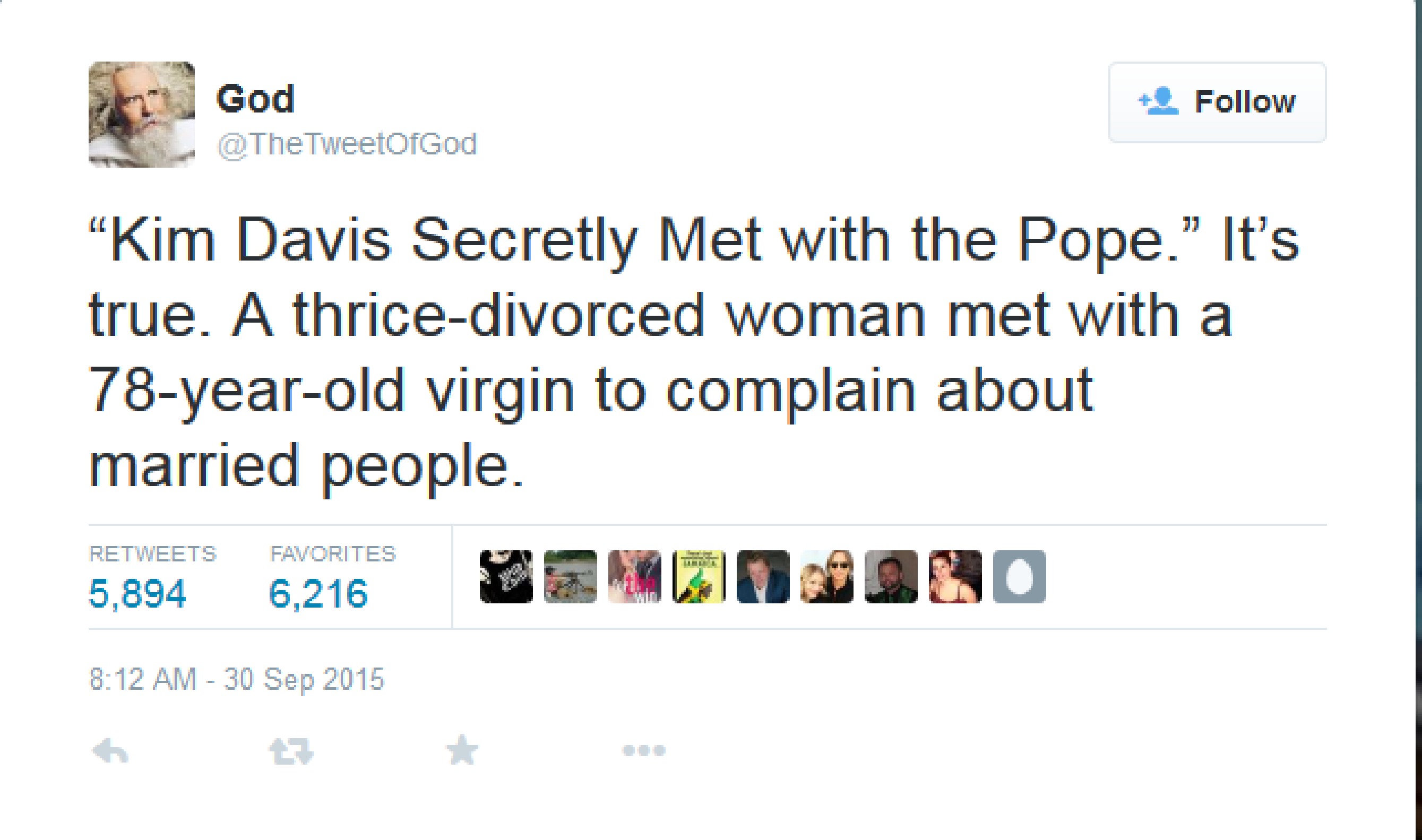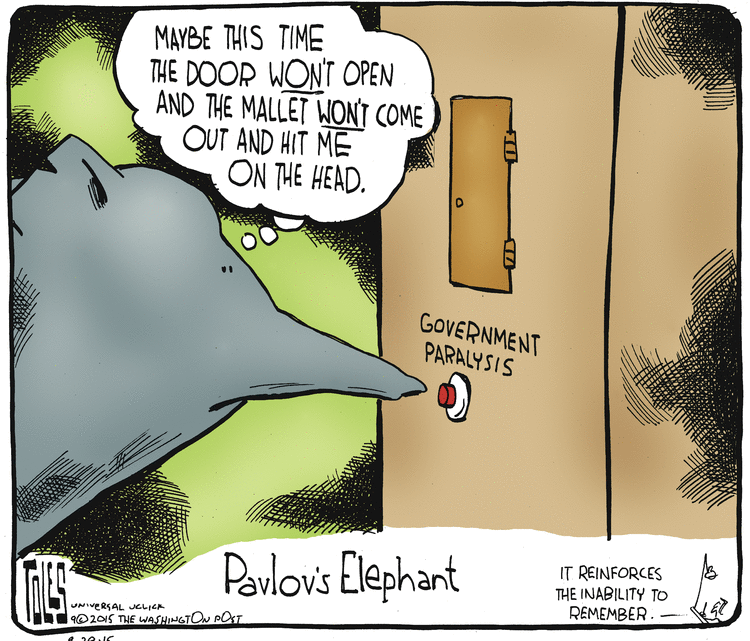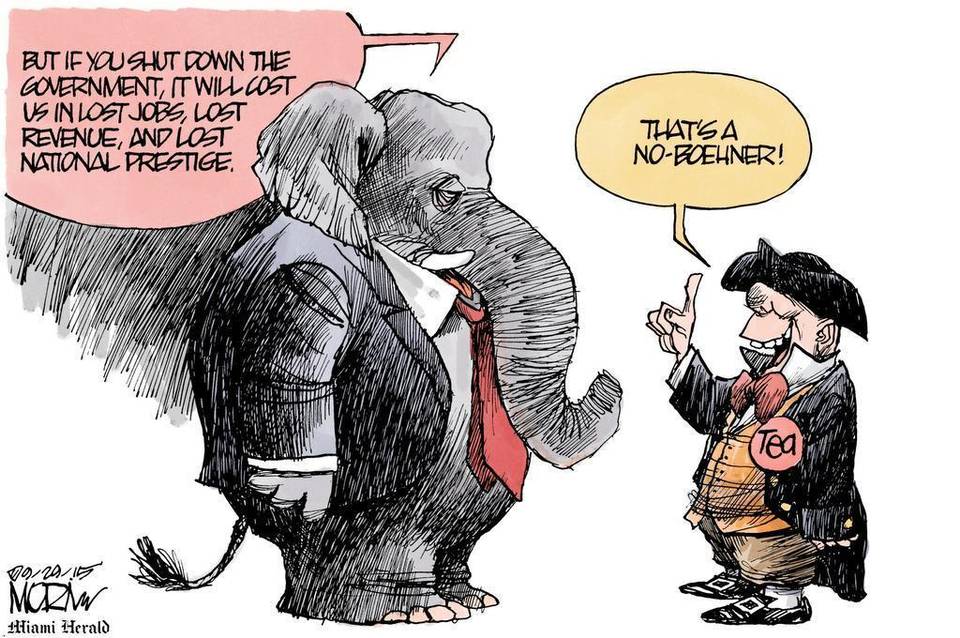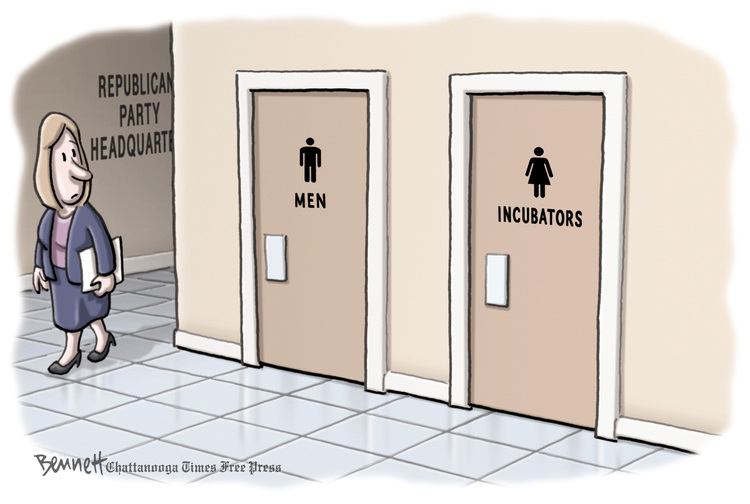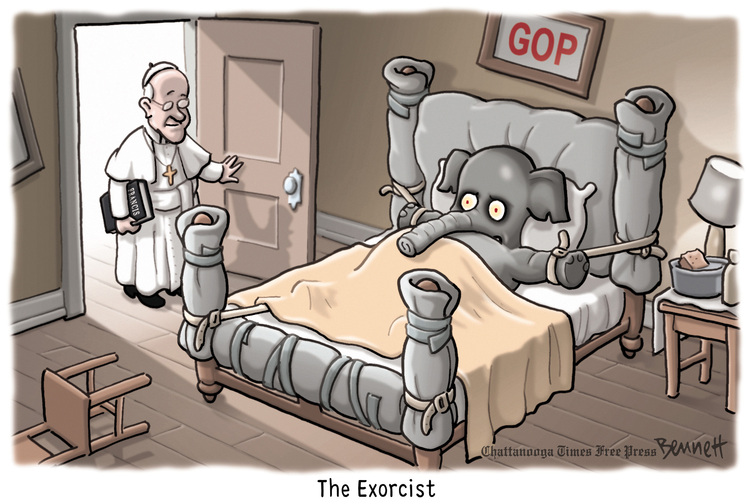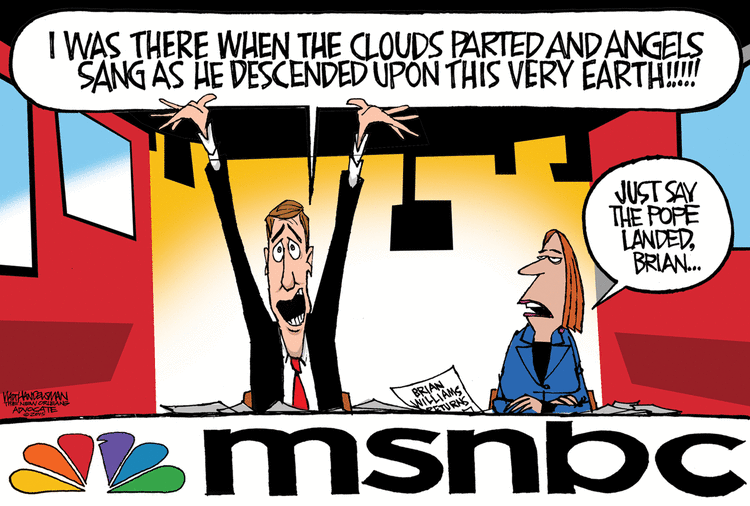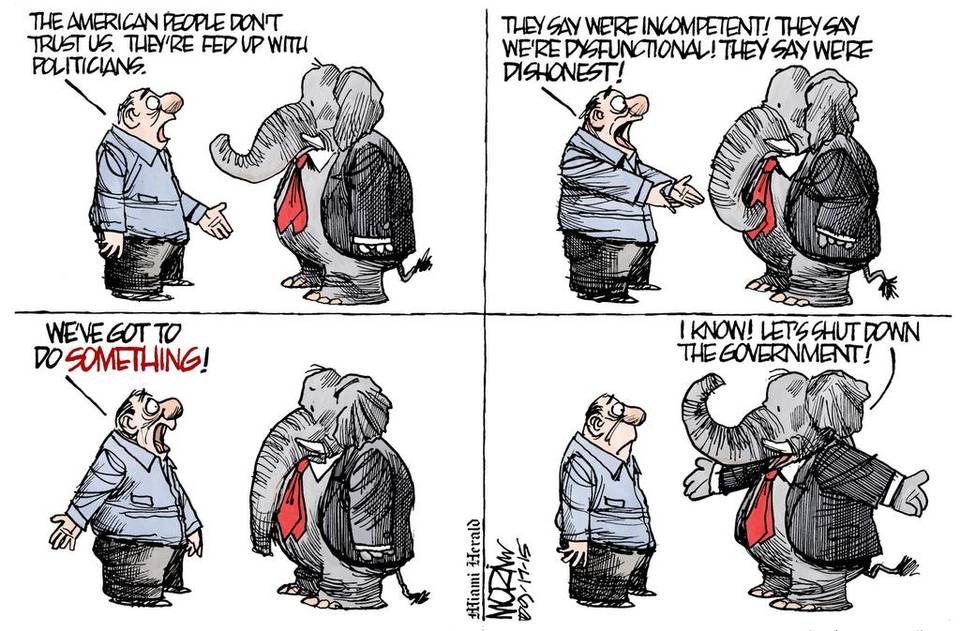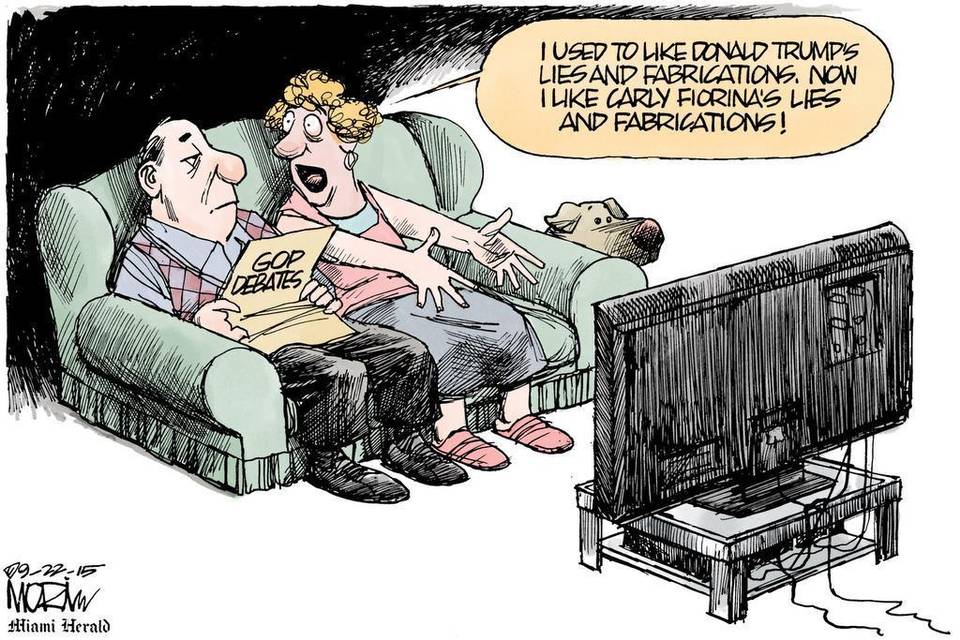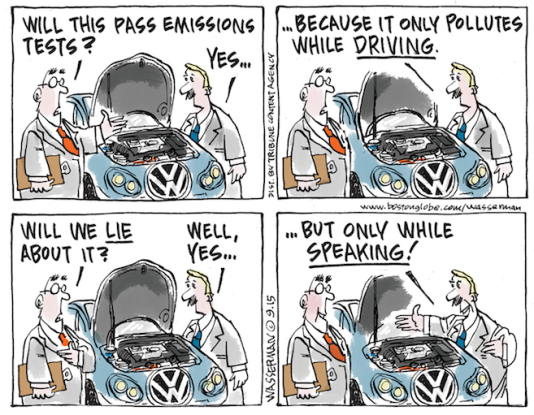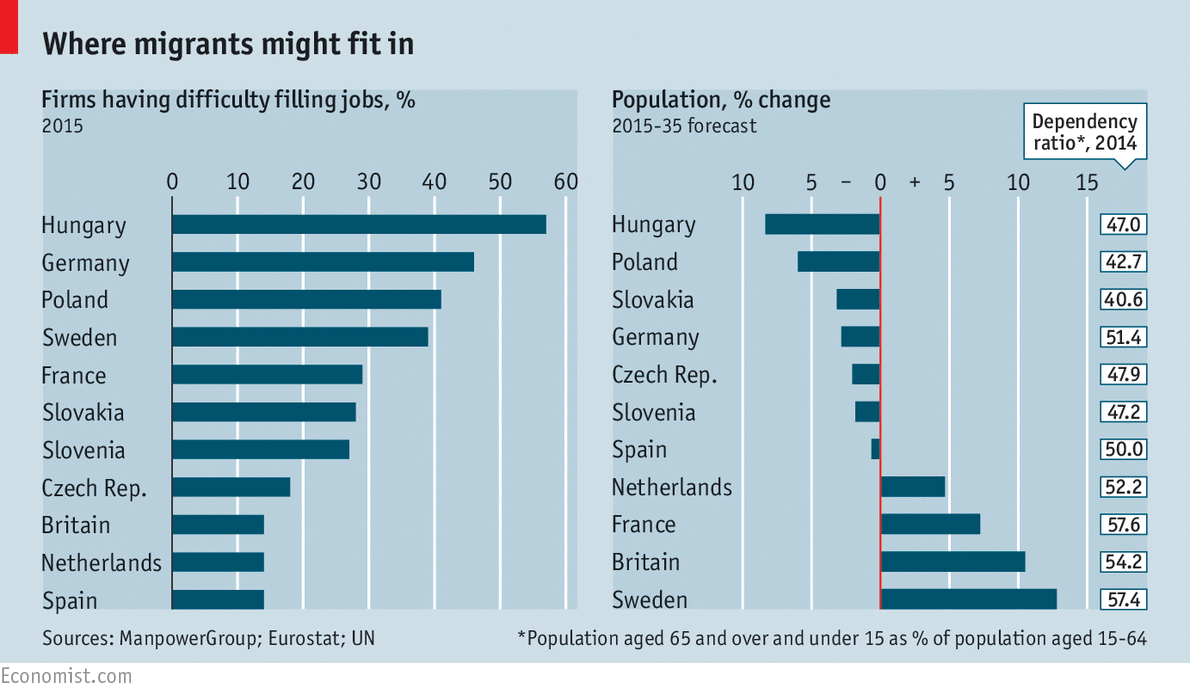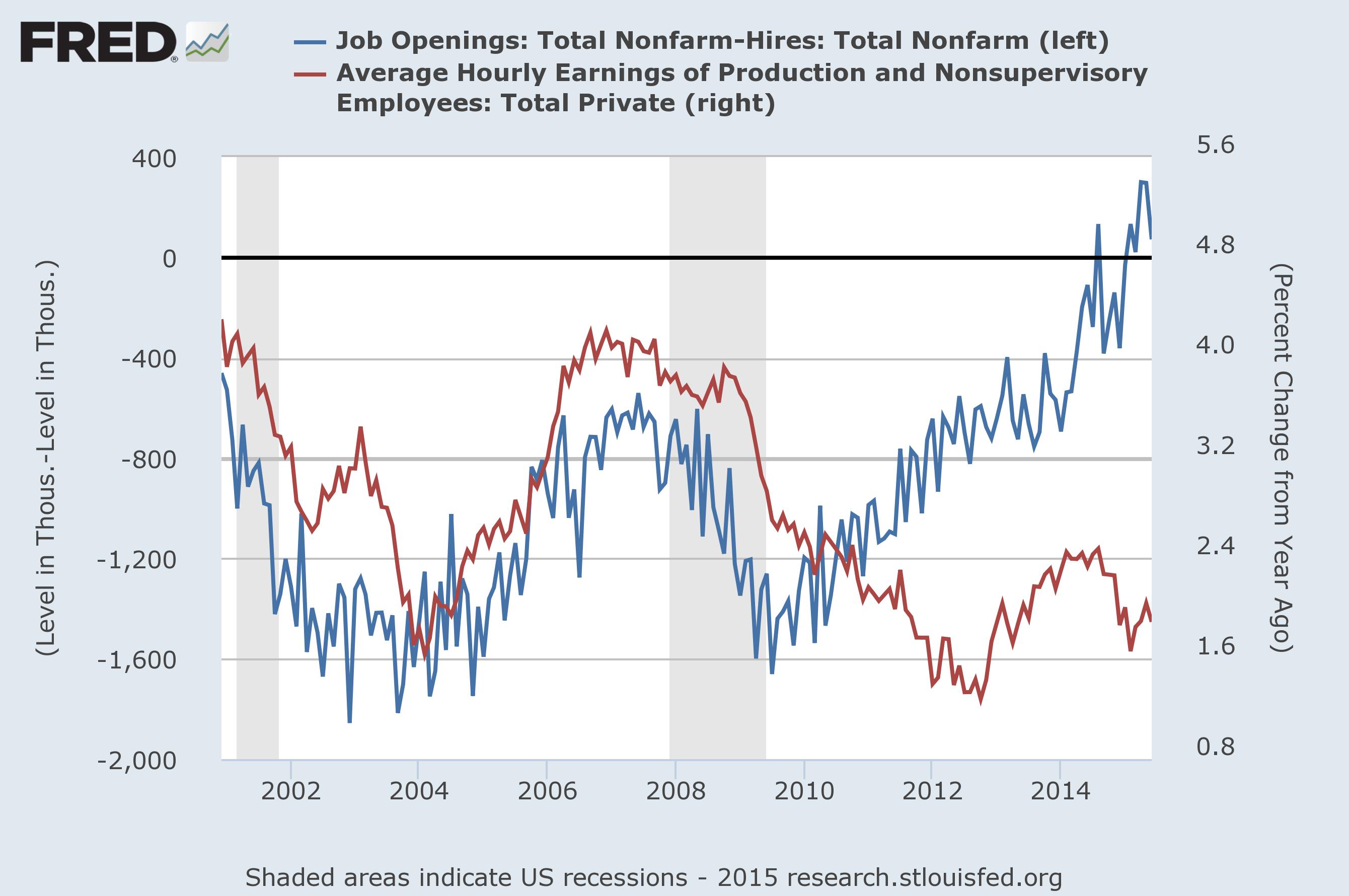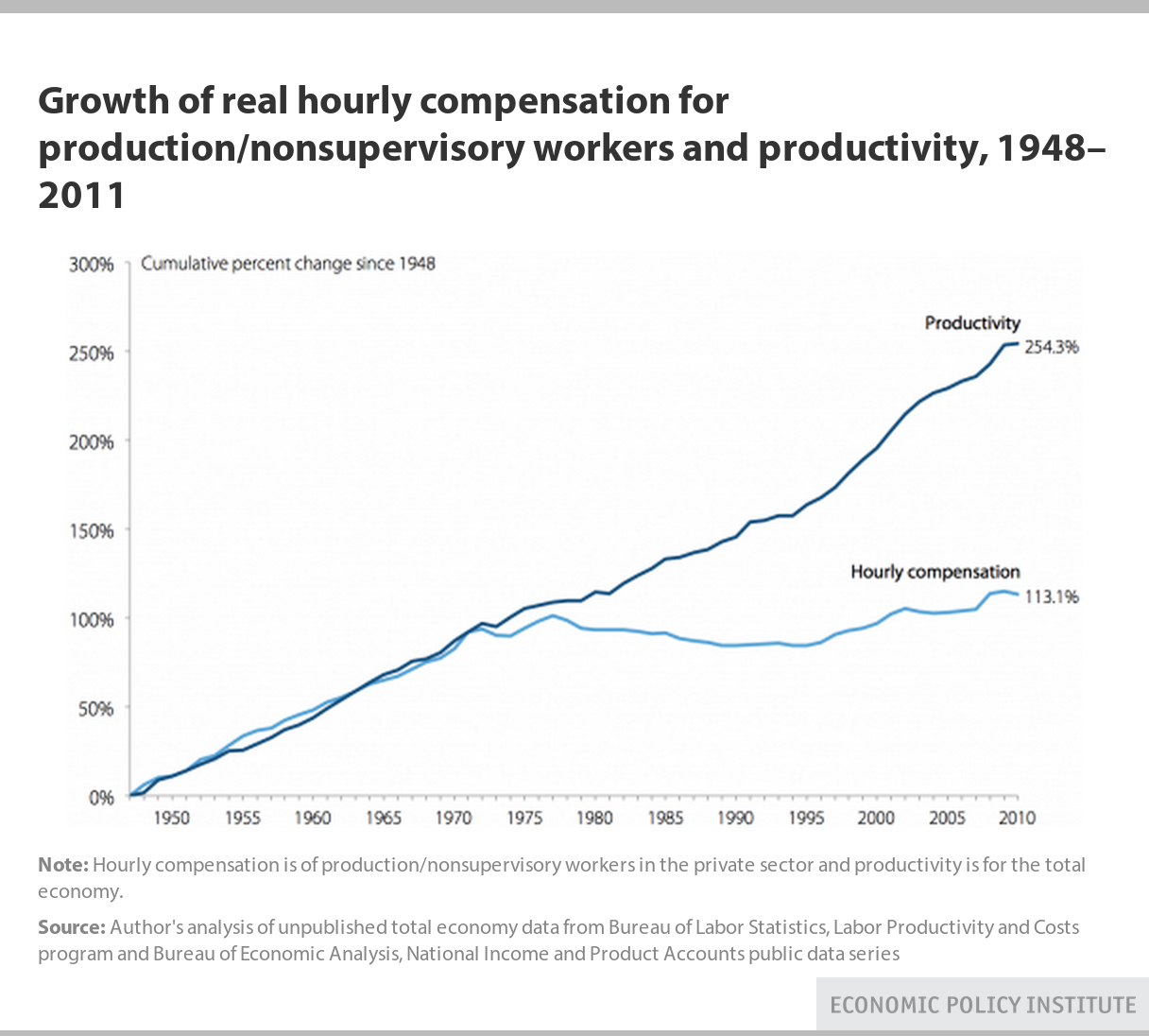The Nation describes Bernie Sanders’s “Political Revolution”: (emphasis by the Wrongologist)
When Sanders speaks of that political revolution, he is asking Americans—especially younger Americans like the crowds of Iowans in their teens and twenties who packed the Sanders bleachers in Des Moines’ Hy-Vee Hall for the Jefferson-Jackson dinner—to believe that electoral politics might actually change something. Sanders knows that won’t happen unless people who are frustrated and disengaged and disenchanted see him as a candidate who is distinctly different from the rest.
For Sanders, “Political Revolution” means a protracted, grassroots effort to fix a broken political, economic and social system. He says it will take millions of people to get involved and then stay mobilized after the election to bring about a political revolution.
That’s what Bernie Sanders’s campaign is all about.
So, if you agree that our politics is broken, shouldn’t we actually be working to fix the underlying problems? Without something that looks like a “political revolution”, fixing these problems is difficult if not highly unlikely. Consider the following:
• Capitalism as an economic engine has created unheard of levels of wealth, but since the 1980s, that wealth only accrued to those at the very top.
• Democracy is in trouble, because Capitalism needs a plutocratic system of government to operate.
• Democracy gets in Capitalism’s way because the interests of the people are not congruent with the interests of the corporations. They are often in direct competition.
• In order for corporations to keep their preferred position in this conflict of ideas, the voice of the people must be weaker than the voice of the corporations. Hence, Shelby County vs. Holder, Citizens United and the soon-to-be decided Evenwel v. Abbott.
Democrats say “vote for us because we’re not as crazy as the Republicans” (even though they actually support the same corporate interests). The Dems will also offer you a few social policy crumbs that you should enjoy on your way to becoming the big losers in our latest Gilded Age. And those crumbs will expire when Republicans control all three branches of government.
The last political revolution began when Ronald Reagan was elected in 1980. That revolution has continued through two Democratic and two Republican administrations, for more than 35 years.
• It resulted in higher taxes for the middle classes which paid for lower taxes on the wealthy.
• It reversed progress toward voting rights, racial equality and equal rights for women, progress that was made in the 1960s and 1970s
• It has prevented universal health insurance.
• It led to increased terrorism and endless war.
So, it’s been a wild success! And it’s still going strong under its second Democratic president.
Bernie’s “political revolution” is to attempt to turn Democrats back to being the party of the people, to give Capitalism a conscience. The theory goes, if Democrats embraced Bernie’s point of view, people will vote in large numbers. If they vote in large numbers, change will come.
This is the fight Bernie is leading.
But Bernie has no real chance at the nomination, and if he got it, there is a high probability he’d lose the general election in a blow-out. And since he’s not doing the things he needs to build a constituency in Congress, or it other down-ticket races, his populism is unlikely to translate into a movement. America has to hit rock bottom for that to happen, and we’re not there yet.
OTOH, Hillary doesn’t seem to have a plan to win the House or Senate in 2016 either.
But the fact that it is unlikely that he can win doesn’t mean that Bernie and his supporters shouldn’t fight for his policies. He has already forced Hillary to recant a few illiberal positions. And his pursuit of right-leaning white working class voters could help forge a new populist coalition down the road. Poor white folks have been clinging to the GOP for the past forty-odd years, and they are still poor, and getting poorer.
They might be willing to embrace his populist economic message even while they hold their noses when they hear his social justice views.
So, when you hear about Sanders’ political revolution, it doesn’t sound so much like a revolution as a return to policies that had been in place for much of the 20th century, those policies that began during the FDR era.
What Sanders describes is a political restoration, not a revolution.
Little that he proposes is radical from the point of view of where the country was in the 1970s.
Back before the Regan revolution began.

